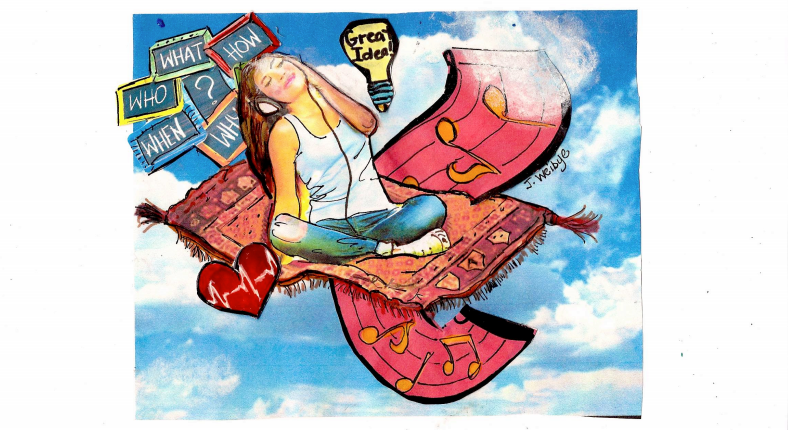If you’re like me, you may not ponder ethical quandaries every time you crank the radio or listen to your favorite song. However, ethical dilemmas have become prominent in the music world in recent years. Despite how many times you have heard the song “Blurred Lines” by Robin Thicke and Pharrell, you probably have not heard about the accompanying copyright lawsuit that accused Thicke and Pharrell of blatantly copied a song by Marvin Gaye. Gaye, a 60’s pop icon, recorded the hit “Got to Give it Up” in 1977, and shortly thereafter it was immortalized as a hit. In 2014, Gaye’s children took Thicke and Pharrell to court over the apparent connection between the songs. According to entertainment reporter Aly Weisman, the artists lost the case and ended up paying the family of the late Marvin Gaye over $7 million as settlement. Other musicians that have fallen prey to such lawsuits include George Harrison, Vanilla Ice, and Led Zeppelin.
So why is this relevant to ethics? For many, the connection between the two songs was not as obvious as it was to others. The songwriters vehemently denied any conscious influence from Gaye’s work, and others tried to explain the similarities as mere coincidence. The question is, where does the music industry draw the line between creative theft and the similarities that links together music of the same genre? A common argument is that music is usually derived from or inspired by previous works of others. As conflicts do arise due to plagiarism in music, one must ask: Is it truly ethical to decide whether influence was intentional or merely a subliminal mistake? And if not, should ethics allow musicians to get away with thinly veiled theft and earn royalties off of melodies that were written by others?
Another aspect of ethics in the music industry is that of contracts, which often oppress artists due to their extra clauses and loopholes. A famous example is Ke$ha’s struggle to escape her contract from Sony Music and her producer, Dr. Luke. Ke$ha claimed Dr. Luke verbally, physically, and sexually abused her, and tried to void the extremely restrictive contract that she had with him. However, a New York court refused to void the contract, leading to extensive and controversial hearings concerning the conflict. The opinions were evenly split: Some argued that Ke$ha’s contract should still be legally binding, while others retorted that no one should have to work extensively with an abuser, regardless of contracts.
The issue of contractual disputes in music is not a new one, with the famous pop-legend Prince even renouncing his name and replacing it with a symbol, which he titled “Love Symbol #2.” He did this to frustrate his music label which had contractual right to his stage name. Contracts are ethical gray areas, with many feeling unsure as to whether musicians are legally entitled to producing their own work at their own free will.
Clearly, ethics in music is a hot-button issue and doesn’t leave anyone feeling safe– not even Vanilla Ice.
Violet Maxwell
Staff Writer
Image: J Weibye

